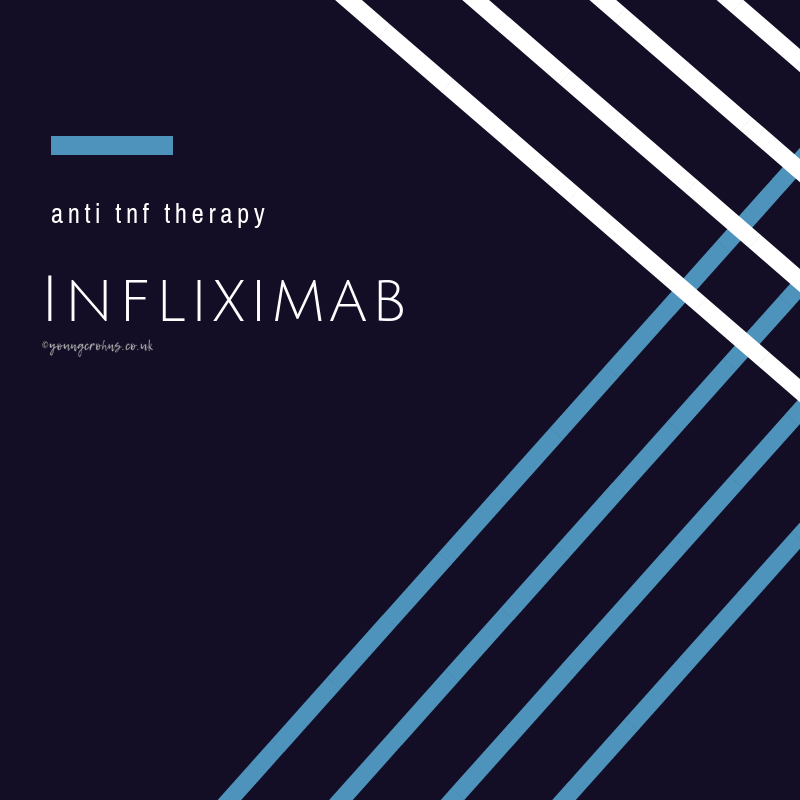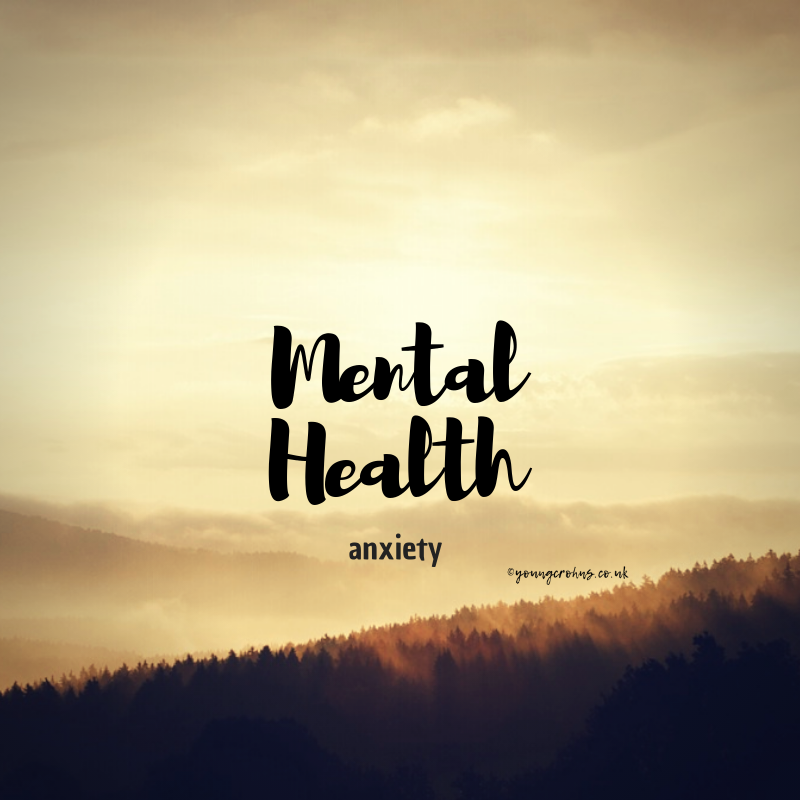
Infliximab #9 and #10
Christmas and New Year all passed in abit of euphoric blur as I studied and passed my driving test and chalked up six months in my current job.
Either side of the festive period was Infliximab infusions – one before the holiday, which was brilliant and one in early Feb that was awful.
Inflximab #9 took place in early December, eager and happy to be back in the hospital, reeling at the speed in which the year was winding down with. My nurse had reapplied for my funding for another years worth of medication and at that point was just awaiting my blood work for this infusion. It all went according to plan – in and out of the treatment centre within 2 1/2 hours and home to rest. Spend the rest of the month, practising and practising my driving ready for my test the last day of the year.

As that came and went though, the pain I was experiencing was not going. In fact, it was getting worse with each week and by the middle of January I had come down with a bad bout of Gastroenteritis and was off sick for a week, house bound and feeling pretty sorry for myself – how could I have let myself get so unwell, from something so common and dangerous to IBD patients? Let alone not know about it for four days? I felt ashamed and guilty that I had just ignored my body’s pleads to seek help.
Two weeks later I was devoid of a troublesome wisdom tooth, and ten days later back at Good Hope – feel fragile and fatigued like nothing I had recently experienced – to get my next infusion into my system.
In my GI consultation in mid-December, my GI and I discussed my October MRI results: “the fistulating crohn’s disease you have, should respond well to biological treatment, but it is now only working – at worst – a 40% rate of uptake in your gut. Your disease is still active and we may need to consider new treatment options soon.”
Soon, was never determined, as we were going to continue to treat my disease with Infliximab until proven otherwise. The proof here being, specialised blood work at a top London lab; where they would grow my blood and look at my antibodies and troff levels. So when I came in for Infliximab #10, my nurse told me my pre-Infliximab blood work wasn’t as good as she had hoped for. CRP was 38, and even though my LFTs were coming down, everything else – ESR and FBC – were starting to go up. Now was the time to see if my body was actually happy with Infliximab. So, she canulated me, took two huge vials of blood and sent it off via a courier to the Capital for testing. Now there is just the 12 week wait to contend with.

That was three weeks ago.
Since then, I have suffered with three partial blockages, a viral infection and now a flare up.
So much to say, I know that the Infliximab isn’t doing anything. It’s not letting me eat and drink properly, I’m finding it so hard to fight this viral infection, let alone a flare up. My nurse put me on steroids and booked me for clinic appointment next week to see if I have improved and despite the Prednisolone calming my nerves with what could be wrong, its not even really helping the pain I’m still in. My BMs maybe have recovered but the tender abdomen and lack of appetite hasn’t been resolved much. She told me that steroids have the dangerous side effect of masking abdominal pain so “please seek help if it’s worsened over the weekend, Louise. I worry about patients on weekend’s when I’m unavailable to help” , which is sweet but makes me nervous as to why she’s concerned.
On the face of it, I look okay. If I didn’t have a chest cough or a croaky voice, no one would be none the wiser about how unwell I feel. It’s now become more about the psychological warfare of not knowing what is causing me to feel like this. It’s not been dramatic and deep, its gentler; like a little babbling brook, so much that the changes have happened gradually. No one has really noticed me being any different, but I can’t remember a day when I felt well. Or when they wasn’t anything hurting me inside.
I just wonder why after a year on each of the biological drugs – first Humira and now Infliximab – that they stop working.
And then I wonder what could possibly be next. And what I should do if the treatments become more poisonous, risky and unknown. When do I call it quits on medication?



